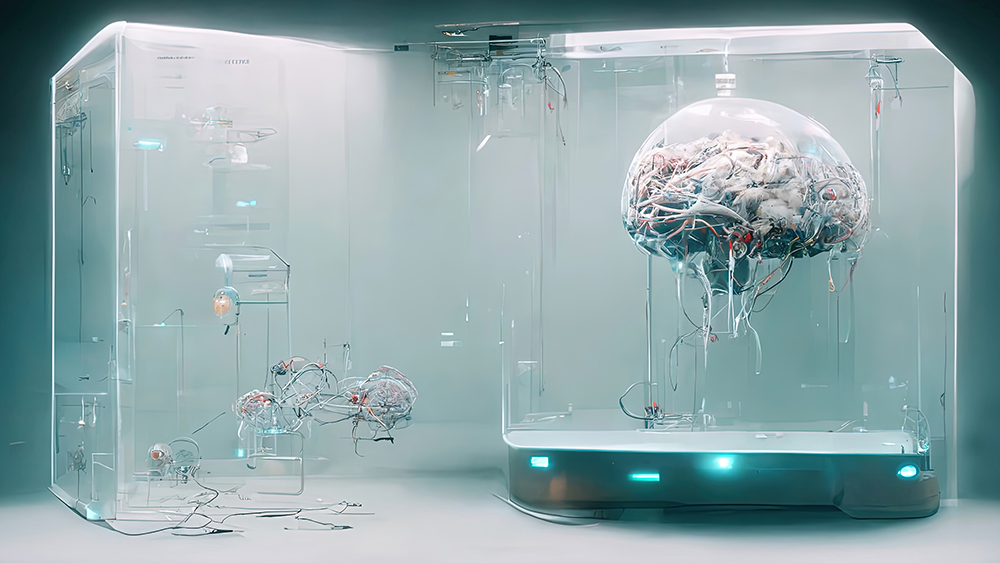 Parler
Parler Gab
Gab
Developers usually set aside the consequences of rapid AI development
Entrepreneur Ian Hogarth, a significant investor in the AI sector, warned the public in an opinion piece about the reckless development of AI that could potentially lead to the creation of "a God-like AI capable of destroying humanity." Hogarth highlighted the imminent risk as AI systems edge closer to achieving artificial general intelligence (AGI), a state where machines can comprehend and learn anything humans can. The current AI technology has not reached this level yet, but the rapid growth of the industry aims to achieve AGI. However, achieving this goal comes with very high and dangerous stakes. "Most experts view the arrival of AGI as a historical and technological turning point, akin to the splitting of the atom or the invention of the printing press. The important question has always been how far away in the future this development might be," Hogarth wrote. He claimed that AI researchers are not sufficiently focusing on the potential dangers of AGI or communicating these risks to the public. Hogarth recounted a conversation with a researcher who, while grappling with the responsibility, seemed swept along by the rapid progress in the field. The investor acknowledged his own role in AI development, heavily bankrolling over 50 startups dedicated to AI and machine learning. He emphasized the lack of oversight and understanding as companies race toward AGI without a clear strategy for ensuring its safe implementation. Referring to AGI as "God-like AI," Hogarth envisioned a superintelligent computer capable of autonomous learning and development, understanding its environment without supervision, and potentially transforming the world with unforeseeable consequences. This, in turn, along with the report of the ASD, claims that the discussion of the threats aims to help AI stakeholders engage with the technology securely and not stop the public from using AI. Follow FutureTech.news for more stories about AI and its dangers. Watch this video from InfoWars discussing how new AI systems are being programmed to end all of humanity. This video is from the InfoWars channel on Brighteon.com.More related stories:
AI is currently the greatest threat to humanity, warns investigative reporter Millie Weaver.
Entrepreneur Ian Hogarth warns reckless development of AI could lead to the destruction of humanity.
Sources include: TheEpochTimes.com Futurism.comCDC warns of alarming increase in syphilis cases in the U.S., especially among women and INFANTS
By Laura Harris // Share
U.K. court could uncover REAL IDENTITY of mysterious Bitcoin founder Satoshi Nakamoto
By Arsenio Toledo // Share
Governments continue to obscure COVID-19 vaccine data amid rising concerns over excess deaths
By patricklewis // Share
Tech giant Microsoft backs EXTINCTION with its support of carbon capture programs
By ramontomeydw // Share
Germany to resume arms exports to Israel despite repeated ceasefire violations
By isabelle // Share










